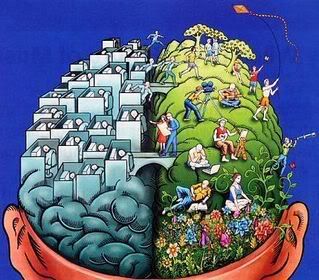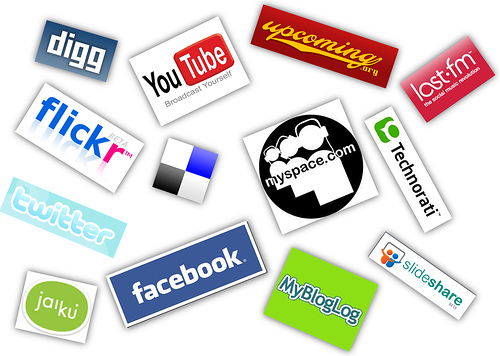0
Keep it simple and stop interrupting people. Easy as that.
on
Monday, December 07, 2009
I'm sure by now most people have seen the IKEA Facebook idea. If you haven't it's below.
It uses the functionality that already exists within Facebook, it isn't getting the audience to do anything complicated and it's not interrupting their usual activity.
As an industry everyone raves about "keeping it simple" yet we fail to do it on so many levels. This being a prime example. We need to realise that our ideas aren't going to change people's behaviours, our ideas need to be embedded into their existing behaviour. The IKEA idea takes something that people already do (tag photos) and uses this to their advantage.
I think the one thing that surprised me with this was that it hadn't already been done. Well, it had been proposed, just not on a large scale! I along with Adam & Dan presented an almost identical idea a few months ago. The target audience was different, as was the product but the idea was essentially the same. Tag, spread and create a buzz.
What we need to understand is that social networking sites are not different to real life. We speak to our friends; we share information with each other and we hang out. It's like chatting with your friends in the street.
.
What would be the best way to get my attention? Simple. Give me something to talk about, give me a benefit, and give me something useful. Basically, what I wrote here. I'm not interested in joining your group or confessing my bread sins. If I was, I would have already done it. The point I'm trying to make is that we can't control people's behaviours online. We can't do it offline so why is online any different?
I think the important thing to realise is that majority of people that are engaging with social media do so without any deep understanding of what they are doing in marketing contexts. Many people are producing their own content without a critical understanding of user-generated content. This can be anything from Facebook groups, twitter tags and YouTube videos. They're doing it for kicks, for laughs and to say to their friends "look at this!" Not to spread your brands message. If your message is good enough it will spread organically.
I'm sure two of my friends won't mind me sharing this:
For a laugh and to see how many people would watch it and find it funny.
Their aim wasn't to help Michael Buble sell more albums. However, this could be an after effect. If you watched the video and liked the song, you might end up purchasing it. Just because they understand how to use the technology doesn't mean that they understand the effects of what they are doing. Most social network users don't think about their information sharing practices or user content generation, they just do it. Brands need to create content that is worth sharing, talking about (or talking to) or re-creating. Simple.
This brings me back to my first point. We need to embed our ideas into existing behaviours. Create content that encourages engagement and interactivity without changing people’s behaviours. If it's a good enough idea it will spread itself, you can't control it. You can only plant it. Much like the IKEA idea. So let’s stop over complicating it, let’s keep it simple and let's stop interrupting people’s activities.




























